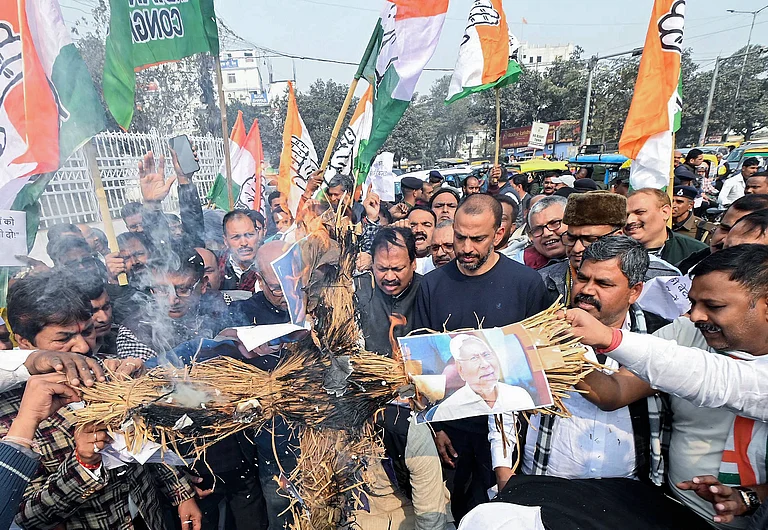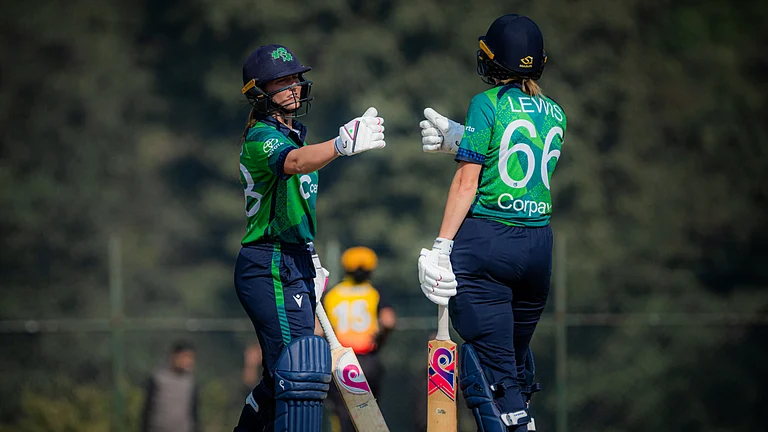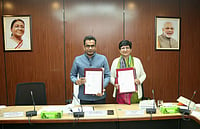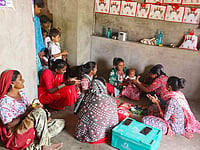“I was just four when it began,” recalls 25-year-old Rekha Verma (name change), a survivor of years-long sexual abuse by a close family member. Her trauma remained hidden for over a decade—until a conversation with a friend unearthed the painful truth. Rekha’s story, though harrowing, is tragically far from unique.
A new global study published in The Lancet on Thursday reveals a grim global reality echoing Rekha’s trauma: 8% of female and 14% of male survivors reported being first exposed to sexual violence before the age of 12.
The study, conducted by the Institute for Health Metrics and Evaluation (IHME) at the University of Washington School of Medicine, is among the first to draw on the latest Global Burden of Disease data, covering 204 countries and territories from 1990 to 2023.
The study finds out that in fact, SVAC (sexual violence against children) is prevalent regardless of income or geography. In high-income countries such as the Netherlands (30%), New Zealand (29%), the US (28%), and the UK (24%), rates among women remain disturbingly high.
In low- and middle-income countries like Chile, Costa Rica, India, and Rwanda, prevalence among women exceeds 30%, while in Bangladesh and Cote d’Ivoire, 28% of men reported similar experiences.
Beyond the physical and emotional toll, SVAC has lifelong ripple effects. “It can impact social development, educational outcomes, and even economic achievement,” noted Dr. Luisa Flor, Assistant Professor at IHME. “These consequences underscore the urgent need for effective prevention strategies and responsive support systems.”
Its findings continue to shock: one in five women and one in seven men aged 20 and older worldwide experienced sexual violence by age 15.
Tragically, of those, the majority—67% of women and 72% of men—reported that the abuse occurred during childhood, before turning 18.
“Sexual violence against children is a widespread human rights and public health issue, and the world is clearly failing to end it,” said senior author Dr. Emmanuela Gakidou, Professor at IHME.
“We need urgent action from all countries to improve laws, policies, and the ways experts respond.”
The research also highlights significant gaps in data collection—especially in low- and middle-income countries—calling for robust and standardized surveillance programs to better track, understand, and ultimately prevent child sexual abuse.
“Establishing standardised practices is essential,” the study states and calls strategies “to help experts identify the barriers to disclosure, improve reporting mechanisms, and craft better child protection policies.”



























